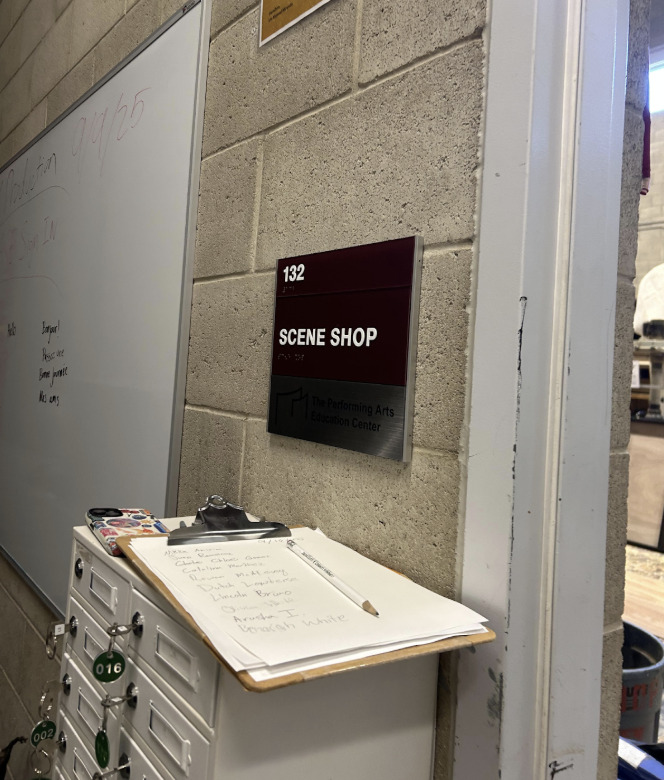Recently, engineers have developed new devices that will act as a sixth sense to humans. Researchers developed these devices to be implanted inside the body, offering a wide array of services including navigation, headphones and body temperature regulation. These new ideas, called biohacking, are set to improve human function, often resulting in super-human-like effects.
Electric engineer Brian McEvoy invented the world’s first implantable internal compass, the Southpaw, in order to improve direction for humans. McEvoy is a known biohacker, someone who uses technology to enhance human ability or gene sequences. The Southpaw contains a small compass encased in a silicon coat and titanium shell. A thin whisker sticks out from under the skin where the device is located and activates when the user is facing north. McEvoy will be the first person to test this new development before it is released to the public.
“Public perception has been the main barrier — implants make people uncomfortable,” said Dr. Anthony Guiseppe-Elie, professor of bioengineering at the University of South Carolina, and editor of ‘Bioengineering’ journal to CNN. “But we have seen that they can have a huge impact.”
Rich Lee, Biohack.me contributor, implanted magnets in each of his ears so he can listen to music through them. These headphones also give the user the ability to detect heat and Wi-Fi. These internal headphones work with the help of a wire coil that Lee wears around his neck, which converts sound into electromagnetic fields. This is the first case of internal headphones, and according to Lee, they act as a sixth sense.
“The implants allow me to detect different sensors, so I can ‘hear’ heat from a distance” said Lee to CNN. “I can detect magnetic fields and Wi-Fi signals, so much of the world that I had no awareness of.”
Motorola is currently developing a ‘password pill’ that will allow the consumer to swallow a pill and access all of their devices without having to remember numerous passwords. Users would need to take the pill daily in order to develop a form of vitamin authentication activated by stomach acid. According to the Huffington Post, this would allow the body to release a signal that would act as an authentication token. The company is also working on creating electronic tattoos that can be used to open cellular devices or computers when scanned into the system.
“I think that biohacking is really interesting because it is so different than everything that is already on the market right now,” said junior Aaron Sallan. “In a few years, everyone is going to have implantable technology instead of cell phones and computers.”
These devices are not yet available to the general public and are currently being tested for safety and reliability. Scientists claim that improvements still need to be made before these devices are released. Users will have the opportunity to choose from the variety of implantable technologies.








